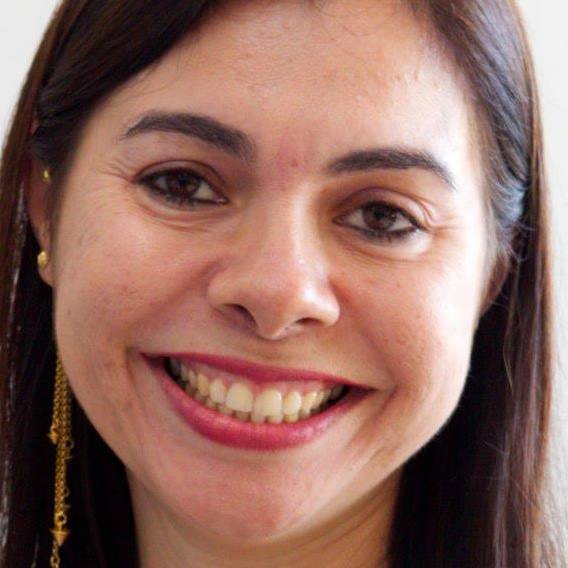Do you teach ‘global competence’?
You have probably heard of the PISA (the Programme for International Student Assessment) tests. They are standardised tests of reading, science and mathematics, which are designed to allow comparisons of educational attainment around the world. Well, it appears that the OECD (Organisation for Economic Co-operation and Development), the organisation which runs the tests, is likely to introduce another set of tests in 2018, which will measure what the OECD calls ‘global competence‘.
The OECD defines ‘global competence’ as:
“the capacity to analyse global and intercultural issues critically and from multiple perspectives, to understand how differences affect perceptions, judgements, and ideas of self and others, and to engage in open, appropriate and effective interactions with others from different backgrounds on the basis of a shared respect for human dignity”.
The OECD views global competence as being influenced by three spheres, which are related to issues of “equity”, “cohesion” and “sustainability”. ‘Equity’ relates to increased inequality of income and opportunities. ‘Cohesion’ pertains to matters related to increased global mobility, whilst ‘Sustainability’ refers to the ability of future generations to meet their own needs.
Ask anyone what young people need to be successful in an increasingly interdependent world, and the answers are likely to be all over the proverbial map. Educators and policymakers alike have traditionally focused considerable attention on maths and science, but their focus seems to be shifting in the light of the political, economic, social and cultural transformations being driven by globalisation. “Global competence” is used to describe a body of knowledge about world regions, cultures, and global issues (regardless of discipline), and the skills and dispositions to engage responsibly and effectively in a global environment. There may be differences of emphasis; however, many educators agree that a globally competent student has:
(1) Knowledge of and curiosity about the world’s history, geography, cultures, environmental and economic systems, and current international issues
(2) Language and cross-cultural skills to communicate effectively with people from other countries, understand multiple perspectives, and use primary sources from around the globe
(3) A commitment to ethical citizenship, which is defined as appropriate behavior in terms of the duties, obligations, and functions of a citizen
To help students become globally competent, teachers must also have the knowledge, skills, and dispositions described above, as well as:
- Knowledge of the international dimensions of their subject matter and a range of global issues
- Pedagogical skills to teach their students to analyze primary sources from around the world, appreciate multiple points of view, and recognize stereotyping
- A commitment to assisting students to become responsible citizens both of the world and of their own communities.
So, how relevant is this to English language teaching? Very, I would argue. especially if we consider the fact that the language of global competency across frontiers will be English, and the fact that many of our younger learners will ‘digital nomads’, working remotely abroad.
Although coursebook and course material writers have made great efforts in recent years to cover content which is relevant in the modern world, these endeavors have been largely limted to current issues such as global warming and race, for example. I have yet to come across a coursebook which tries to develop the competencies outlined above. In the same vein, I am not aware of any training course which has included input sessions on developing global competnce. Indeed, I am pretty sure that the teaching competencies outlined in CELTA and DELTA syllabi do not include the knowledge and skills needed to be globally competent.
Many teachers would undoubtedly agree that our role as educators should go beyond the teaching of grammar and lexis to include the moulding and development of good citizens. If this is the case, then we need to take on board the global changes that are underway, and make the necessary adaptations to what we teach and the way we teach it.




